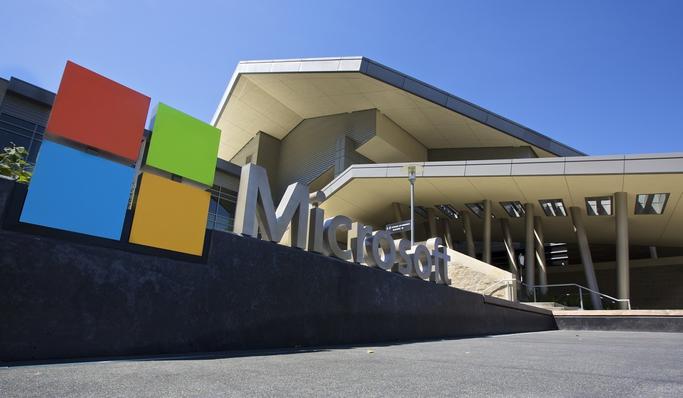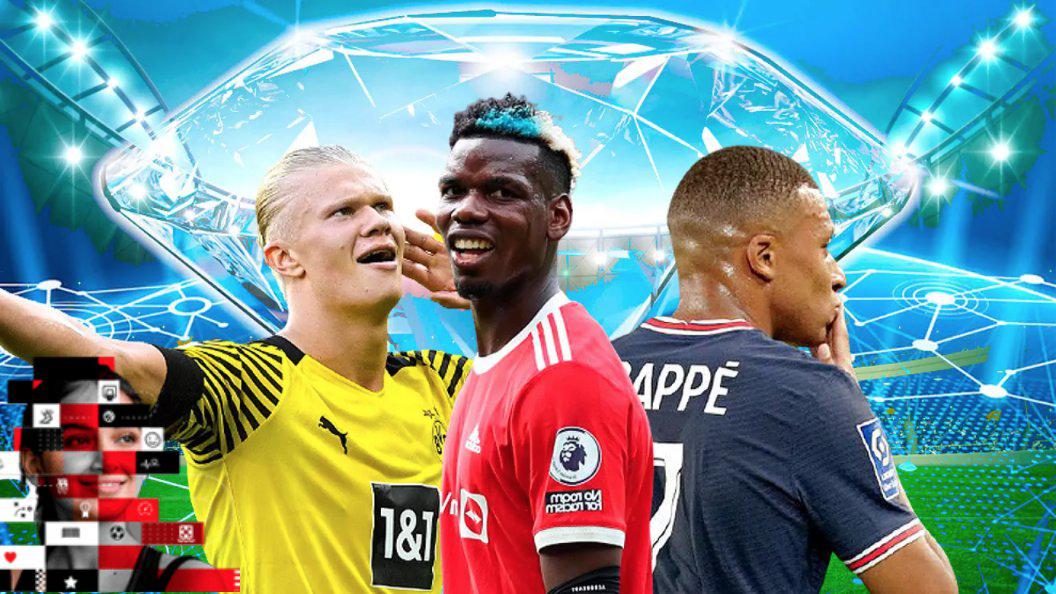And so it was that Microsoft kept the jewel in the crown of games
SAN FRANCISCO—These days, it's inevitable that when a high-profile tech company makes a major strategic decision — like Microsoft's plan to spend $70 billion on giant video game developer Activision Blizzard — the metaverse is invoked.
The vision of the metaverse, a virtual world where you can exchange ideas and sell digital goods, has become such a source of excitement that Facebook changed its name to Meta last year. Many other companies see themselves making billions in this virtual bazaar. That's why when Microsoft claimed on Tuesday, January 18, that Activision would provide it with "essential components for the metaverse," the reasoning sounded familiar.
But it wasn't quite right. For Microsoft, the future of video games looks more like a Hollywood studio looking to bring together a set of well-known franchises. The strategy is to assemble a collection of famous games that can be played on all kinds of devices and by people who know how to make them. Activision, with popular titles like “Call of Duty” and “Candy Crush” and over 5,000 game developers, has plenty of both.
In recent years, Microsoft has shifted focus away from its Xbox console to pay more attention to a gaming environment where powerful devices aren't as important as the flexibility to play where and how consumers want, whether it's on an old iPhone or a cheap laptop. If the company's vision of the future is correct, cloud gaming, a still-emerging technology that uses a company's data centers to stream gameplay to a device, would provide the power.
In such a world, companies would have to distinguish themselves by their content and their ability to offer cheap games across devices—Microsoft has pioneered a $10-a-month Netflix-style video game subscription service—rather than by quality and value. the brand appeal of your hardware. That's in stark contrast to rival console makers Sony and Nintendo, which still mostly follow traditional models.
And now, having acquired a new portfolio of studios, Microsoft is ensuring that millions of Activision gamers are under its ever-expanding catalog of games.
Activision helps Microsoft expand its influence over gamers who love shooters like "Call of Duty," those who participate in competitive video game leagues dedicated to titles like "Overwatch" and "Hearthstone," and the mass audience of gamers on mobile devices, especially in Asia.
Crown jewel
Microsoft doesn't have a strong mobile gaming offering, but one of Activision's crown jewels is mobile game developer King, which posted about $1 billion in operating profit over the past year. Most notably, it is the developer of “Candy Crush,” the logic mobile game with vibrant colors and raucous sound effects that, according to mobile research firm SensorTower, has generated $7.1 billion in player purchases since. 2014.
But most importantly, Activision deepens the appeal of Xbox Game Pass, the subscription service that has forced the video game industry to rethink how it can best make money. While many fans of Sony-produced games still pay for each game individually, Game Pass subscribers pay a flat fee of $10 or $15 per month for access to hundreds of titles, which will now include some of the Activision's top games.
It is no coincidence that during Microsoft's announcement of the purchase of Activision, the news of a Game Pass milestone was included: 25 million subscribers.
Microsoft's bet remains risky. He's asking gamers to follow his vision, unplug from consoles, and use newer and often unstable tools to stream games directly to older devices, instead of sticking with the tried-and-true system and buying a new one. and stylish Sony PlayStation 5. Apple has blocked such gaming services from its iPhones. Given the uncertainty, it doesn't hurt to have the lure of Activision studios to offer as a reward for continuing to play through Microsoft.

Dermofascial mobility can be a key piece of the puzzle that may be missing from your toolbox. Learn how to assess a… https://t.co/t0ZFG7hEmR
— SummitPerformancePT Wed Jul 22 10:33:17 +0000 2020
Asking how "Call of Duty" fits into Microsoft's vision is like asking "how does 'Friends' fit into Netflix," said Michael Pachter, a video game analyst at Wedbush Securities. "Content is important: Netflix wouldn't exist if it didn't have content to stream."
Microsoft has preached its vision of a future that is device agnostic as a way to break down barriers. Phil Spencer, Microsoft's chief video game officer, said in an interview Tuesday, Jan. 18, that the company's goal was to make new Activision titles "reach as many gamers as possible."
But Microsoft could try to win both ways. He did not rule out the possibility of making his titles newly acquired on Tuesday exclusive and, after buying ZeniMax Media and its studio roster in 2020 for $7.5 billion, said that a highly anticipated game, "Starfield", would be exclusive to Xbox.
Pachter said that even the mere possibility of such a move could diminish the appeal of Sony's hardware.
"If you were going to buy your kid a console this weekend and your kid just plays 'Call of Duty,' would you buy him a PlayStation 5?" he asked. "I would not do it".
The scale of the deal could raise antitrust concerns in Washington. Pachter said federal regulators could seek assurances from Microsoft that it will allow gamers who don't own an Xbox to continue playing Activision games.
Microsoft will face other concerns. Activision has been floundering for months over allegations of sexual harassment and discrimination in the workplace, stemming from a lawsuit filed last summer by a California employment agency. Its workers have abandoned their posts and have called for the creation of a union.
More games
Despite Microsoft's initial promotion of the deal as a foray into the metaverse, it's not clear how having more shooters, RPGs and strategy games will help Microsoft get there. Spencer and Bobby Kotick, the embattled CEO of Activision, offered a more sober explanation in interviews.
Kotick said the goal was to ensure "delivering the best and most engaging games on the devices people play on today, whether they're phones, consoles, computers or other microprocessor-based displays."
Ultimately, video games could very well end up being what popularizes the metaverse. Daniel Ahmad, a senior analyst at gaming research firm Niko Partners, said Activision regularly evolved games like "Call of Duty" by updating new content and interacting with the gaming community. That, he said, could be "one piece of the puzzle for building these metaverse experiences."
However, these types of ideas are still quite far away.
© 2022 The New York Times Company
IT MAY INTEREST YOU
(VIDEO) Shocking figures: the power of the most influential technology giants in the world







